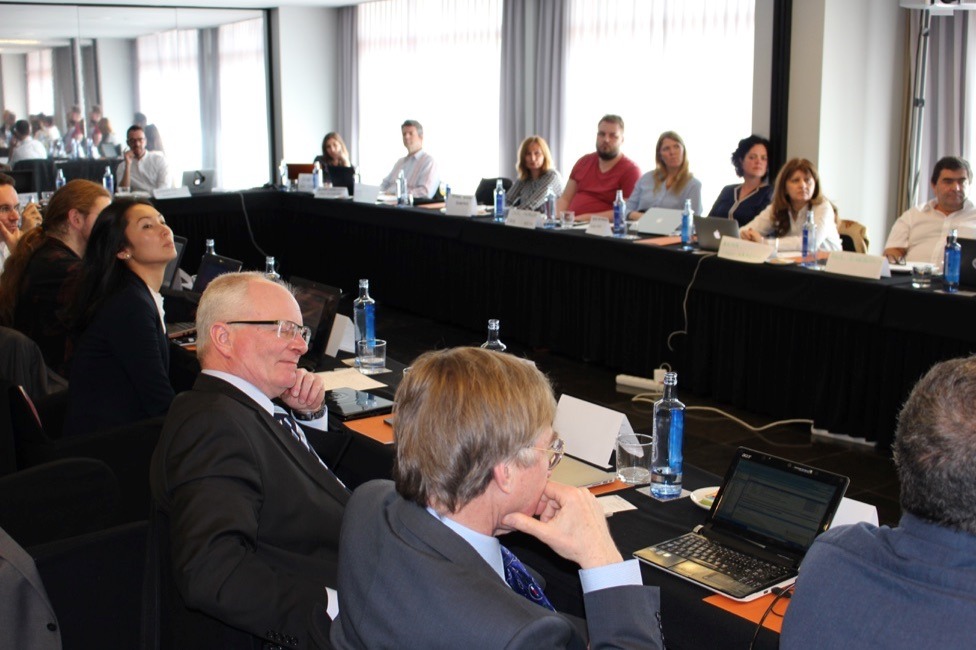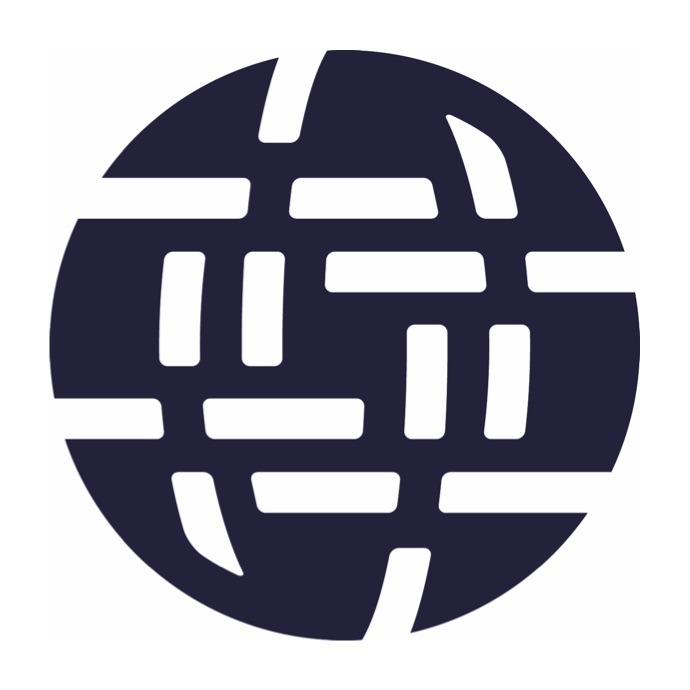Members from 22 European Internet Society Chapters in 20 countries gathered in Madrid on April 14, 2016 to discuss current public policy issues that affect the Internet. The meeting attendees were welcomed by Frédéric Donck, the Director of Internet Society’s European Bureau, who emphasized the importance of Chapters working together to address these issues. The countries represented in the meeting were Armenia, Finland, France, Israel, Italy, Kazakhstan, Kyrgyzstan, Montenegro, Netherlands, Norway, Poland, Portugal, Romania, Russia, Serbia, Slovenia, Spain, Switzerland, Turkey and UK, so there was a wide range of different geographic locations as well as political systems represented.
The first part of the day was dedicated to sharing experiences in advocacy work. The Chapters in various countries have different ways of approaching public policy issues and the political systems and climates vary from country to country, thus there is no one-size-fits-all way of impacting policy. Going round the table we discovered that there are a lot of different ways to make the voice of the chapters heard by the policy makers but at the same time certain repeating patterns emerged.
From the case studies that the chapters shared, four approaches to advocacy work could be distinguished. One of them is awareness building, or educating and informing the public and the decision makers. This includes among other things organising events, writing op-ed articles and publishing position papers. Second one is activism, which may take different forms and is a little harder to define. An example of this is the Swiss chapter collecting signatures to force a surveillance law into referendum. Third, there is consultation, which basically means giving a formal opinion when asked. In many countries governments organise public consultation rounds when laws are prepared. Finally there is cooperation, in which chapter actively engages with the policy makers and tries to impact the legislation or regulation by offering expertise and participating in the process. Together these different approaches form a kind of a toolbox to choose from, depending on the circumstances.
The rest of the day was used to address two specific policy issues that are timely and affect multiple countries in Europe, encryption and content filtering. The topics were picked from the 2015 Internet Policy Timeline project in which European chapters identified emerging policy issues that need attention.
Strong encryption and secure internet connections are something that we take more or less for granted. However, there is a growing demand among various national security and intelligence agencies to compromise encryption in the interest of national security. With the recent terrorist attacks in Europe this is beginning to show in the form of political pressure as well.
A case in point: In the UK, there is currently a heated conversation regarding the interrelation between the government and the use of technology communication tools that use encryption software tools. The UK is not alone, political discussions, or even legislation initiatives, are already going on in several other countries. It was agreed that the European ISOC chapters together with Internet Society staff should collaborate and coordinate their advocacy work on this issue. While terrorists and criminals can make use of secure connections it does not justify banning encryption for everyone or compromising personal or business communications by having mandatory back doors in software.
Content filtering and blocking as a form of censorship was also discussed. While filtering is something that is usually thought of as something that countries like China or Saudi Arabia do, surprisingly many European countries (most actually) are implementing or planning to implement it. The filtered content varies, among them are copyright infringements, gambling, child porn, drugs or suicide related information and extremist content. Turkey was identified as one of the countries that presents the most challenges with regards to the way the government is using filtering to restrict information in the internet. Indeed the legislation there provides the authorities with a wide range of tools to censor online content, including blocking, filtering and taking down content. Even services like YouTube or Twitter have been banned in Turkey for short periods of time.
While the rationale behind these attempts to censor online content can be based on legitimate concerns, filtering is not a solution, as argued in an Internet Society position paper.
The discussions in the meeting were lively and there was much enthusiasm among the participants to carry on the work. The next steps after the meeting will be to follow up on these topics together with the ISOC staff and chapters and also to keep on eye on other emerging policy issues. There is work to be done, fortunately it seems that we have the collective know-how and resources to do it.
The presentations from the meeting can be found here.

